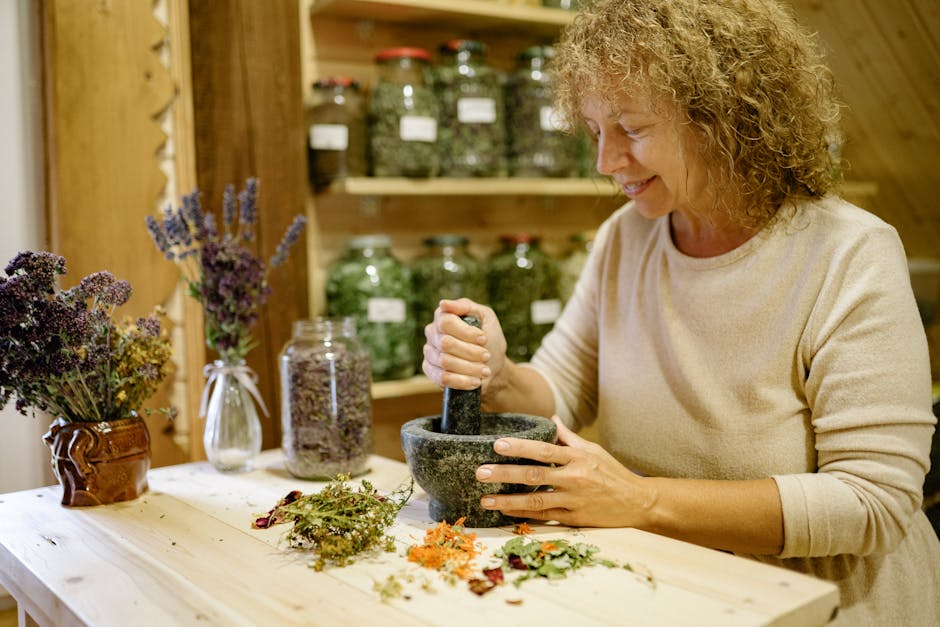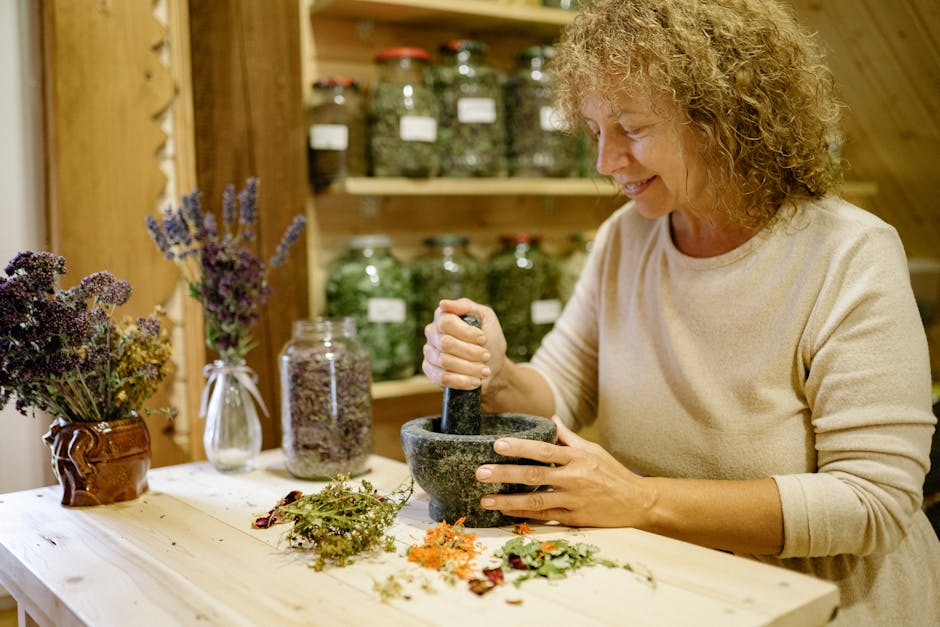Home Remedies for Bronchitis in Adults: Effective Relief & Natural Healing
Home Remedies for Bronchitis in Adults: Effective Relief & Natural Healing
Bronchitis, an inflammation of the bronchial tubes, can be a debilitating condition, characterized by a persistent cough, chest congestion, and shortness of breath. While medical attention is crucial for severe cases, many adults find relief through home remedies that soothe symptoms and promote healing. This comprehensive guide explores a range of effective home remedies for bronchitis in adults, offering natural ways to manage the discomfort and expedite recovery.

Understanding Bronchitis: Acute vs. Chronic
Before diving into home remedies, it’s essential to understand the two main types of bronchitis: acute and chronic. Acute bronchitis is typically caused by a viral infection and usually resolves within a few weeks. Chronic bronchitis, a more serious condition, is often associated with long-term exposure to irritants like cigarette smoke and is characterized by persistent inflammation and coughing that lasts for months or even years.
While home remedies can be helpful in managing the symptoms of acute bronchitis, they are not a substitute for medical treatment, especially for chronic bronchitis. If you suspect you have chronic bronchitis or your symptoms are severe, consult a doctor immediately.
Effective Home Remedies for Bronchitis in Adults
1. Hydration is Key: Drink Plenty of Fluids
Staying well-hydrated is crucial for thinning mucus and easing its expulsion. Drink plenty of water, clear broths, herbal teas (especially those with soothing properties like chamomile or ginger), and warm lemon water throughout the day. Avoid alcohol and caffeinated beverages, as they can dehydrate you.
2. Rest and Relaxation: Give Your Body Time to Heal
Your body needs rest to fight off infection and repair damaged tissues. Get plenty of sleep and avoid strenuous activities. Rest allows your immune system to focus its energy on healing, speeding up your recovery time.
3. Humidify the Air: Ease Coughing and Congestion
Dry air can irritate your airways and worsen coughing. Using a humidifier or vaporizer adds moisture to the air, making it easier to breathe and loosen congestion. You can also achieve a similar effect by taking a hot shower or bath, allowing the steam to moisten your airways.
4. Saline Nasal Rinse: Clear Nasal Passages
A saline nasal rinse helps clear nasal passages of mucus and irritants, thereby reducing post-nasal drip that can contribute to bronchitis symptoms. You can purchase pre-made saline rinse solutions or make your own by mixing salt and water.
5. Herbal Teas: Soothing and Expectorant Properties
Certain herbal teas have properties that can ease bronchitis symptoms. Ginger tea, for example, has anti-inflammatory effects and can help soothe the throat. Licorice root tea is a natural expectorant, helping to loosen and expel mucus. Chamomile tea is known for its calming and relaxing properties, which can help you sleep better.
6. Gargle with Salt Water: Soothe Sore Throat
Gargling with warm salt water can soothe a sore throat and help reduce inflammation. Mix 1/4 to 1/2 teaspoon of salt in 8 ounces of warm water and gargle several times a day.
7. Elevate Your Head: Improve Breathing
Elevating your head with extra pillows while sleeping can help improve breathing and reduce nighttime coughing. This can significantly improve your sleep quality and promote faster recovery.
8. Honey: A Natural Cough Suppressant
Honey has been used for centuries as a natural remedy for coughs. It can coat the throat, providing relief from irritation and suppressing coughing fits. Mix a spoonful of honey in warm water or tea.
9. Avoid Irritants: Protect Your Airways
Avoid exposure to irritants such as cigarette smoke, air pollution, dust, and strong fumes. These irritants can worsen bronchitis symptoms and prolong recovery time. If you smoke, quitting is crucial for managing chronic bronchitis.

10. Over-the-Counter Medications: Symptom Relief
Over-the-counter medications like expectorants can help loosen mucus and make it easier to cough up. Pain relievers such as ibuprofen or acetaminophen can help reduce fever and body aches. Always follow the instructions on the label and consult your doctor or pharmacist if you have any questions or concerns.
When to Seek Medical Attention
While home remedies can be beneficial for managing mild cases of acute bronchitis, it’s crucial to seek medical attention if you experience:

- High fever (over 102°F or 39°C)
- Severe chest pain
- Shortness of breath or difficulty breathing
- Wheezing
- Coughing up blood
- Symptoms that persist for more than three weeks
- Worsening symptoms despite home treatment
A doctor can diagnose the cause of your bronchitis and recommend the appropriate treatment, which may include antibiotics in cases of bacterial infection. Early medical intervention is especially important for chronic bronchitis to prevent long-term complications.
Prevention of Bronchitis
Preventing bronchitis involves adopting healthy lifestyle habits, including:
- Practicing good hygiene: Wash hands frequently and avoid touching your face.
- Getting enough sleep: A well-rested immune system is better equipped to fight off infection.
- Eating a healthy diet: A nutritious diet strengthens your immune system.
- Avoiding exposure to irritants: Stay away from cigarette smoke, air pollution, and other irritants.
- Getting vaccinated: The flu vaccine can help reduce your risk of getting bronchitis.
By following these preventative measures and employing effective home remedies, you can significantly reduce the severity and duration of bronchitis symptoms and promote faster recovery.
Disclaimer:
This information is intended for educational purposes only and should not be considered medical advice. Always consult with a healthcare professional before starting any new treatment, including home remedies, especially if you have pre-existing health conditions or are taking other medications.





